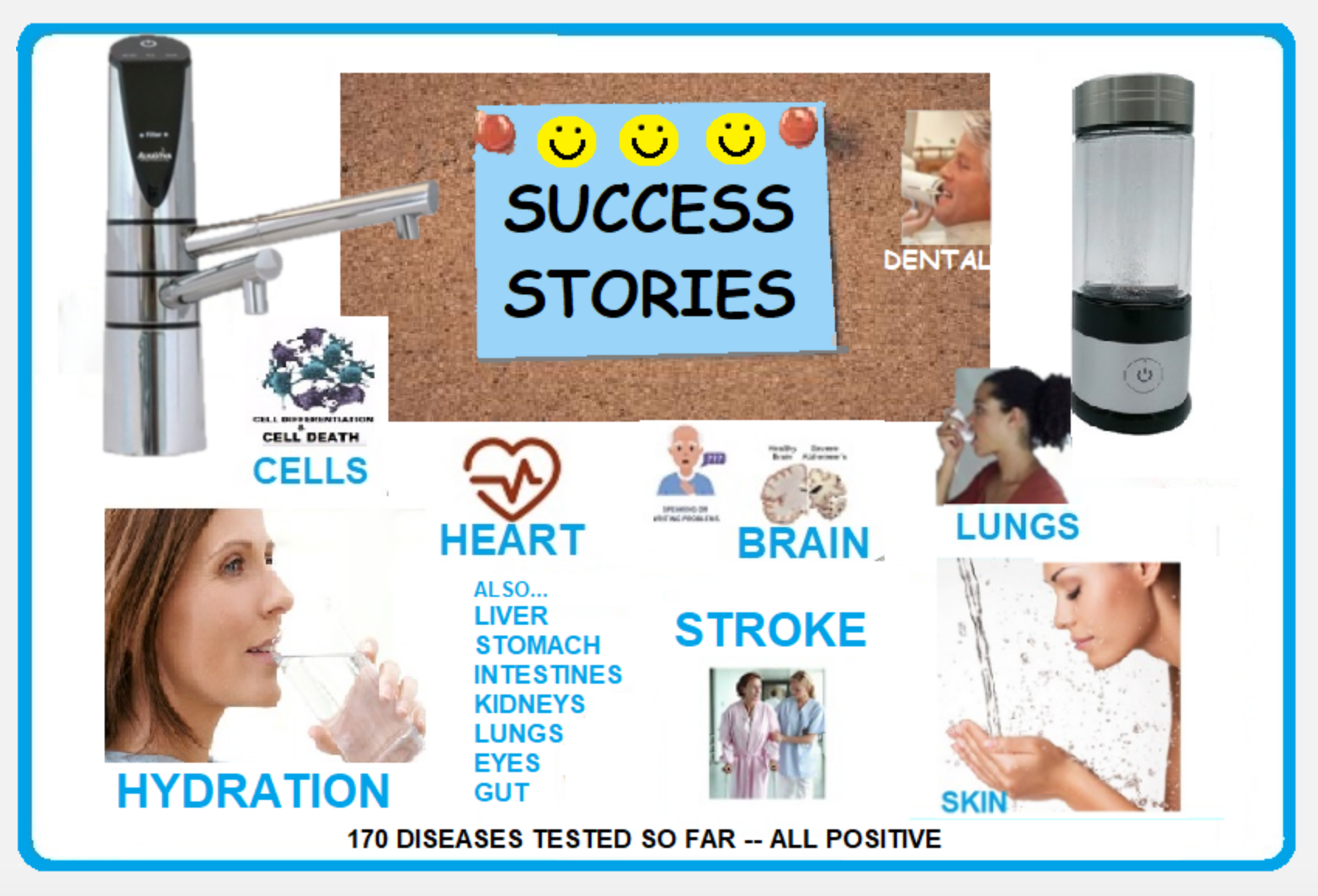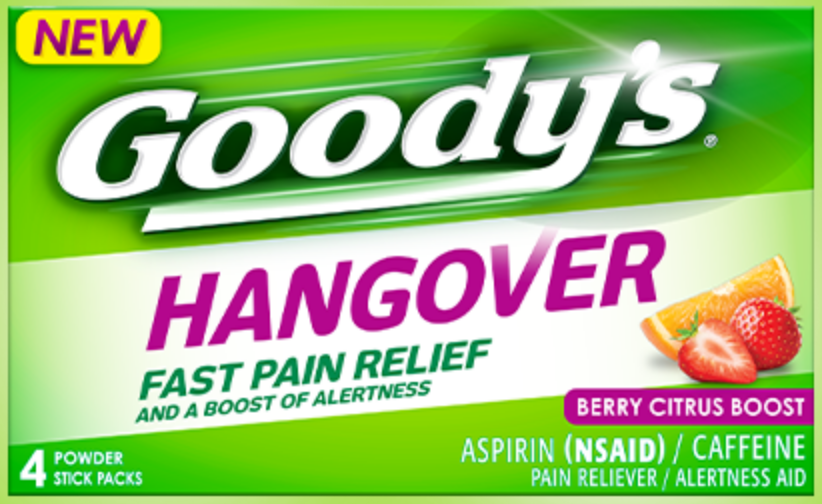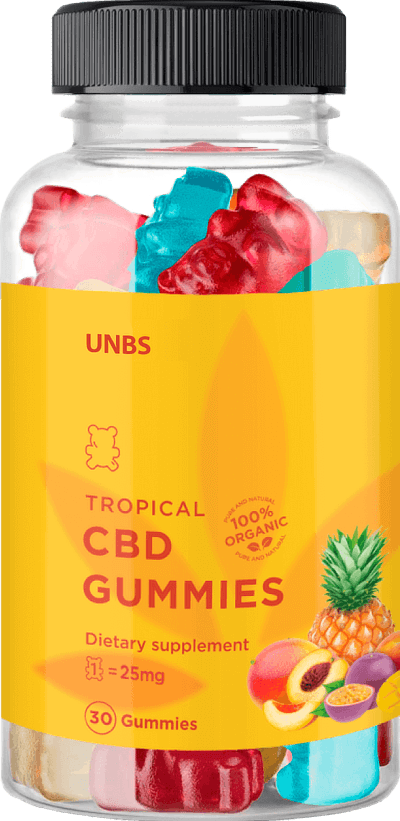
Alkaline Water Plus
Are there really any benefits to drinking alkaline water?
Company misleadingly markets lozenges as an effective nasal decongestant, according to lawsuit.
Just in time for the start of cold and flu season, a new lawsuit alleges one company’s cough drops don’t provide the advertised relief.
A class-action lawsuit against Ricola accuses the Swiss company of misleadingly marketing its “nasal care” lozenges as an effective nasal decongestant.
Consumers viewing the label will expect the Product to reduce symptoms of nasal issues, such as congestion and stuffiness. However, the statements of “Nasal Care,” “Cools Passage” and “Soothes Nose” and the pictures of the red cross, the universal symbol for care, and vapors passing through a human nose, are misleading for several reasons.
One of the main reasons, according to the complaint? The only active ingredient, menthol, doesn’t actually relieve nasal symptoms.
Studies have consistently demonstrated that though menthol stimulates cold receptors in nasal mucosa to create an increased sensation of airflow, it is incapable of any nasal decongestant action.
The lawsuit alleges that Ricola “concedes” the product doesn’t do anything for a stuffy nose, pointing to the “uses” section on the back label where the company only lists its ability to “temporarily provide relief to minor mouth and throat irritation.”
The complaint, filed Sept. 6 in federal court in Florida, also claims Ricola markets the lozenges as “Max Strength” when they provide less menthol per drop than the maximum strength allowed by the FDA.
The lawsuit comes amid increased scrutiny of over-the-counter nasal decongestants. Last week, an FDA advisory committee concluded that a popular OTC nasal decongestant – oral phenylephrine – doesn’t actually relieve congestion. Oral phenylephrine is found in versions of Dayquil, Mucinex, and Tylenol Cold and Flu, among other medications.
Find more of our coverage on cold and flu products here.
Our Ad Alerts are not just about false and deceptive marketing issues, but may also be about ads that, although not necessarily deceptive, should be viewed with caution. Ad Alerts can also be about single issues and may not include a comprehensive list of all marketing issues relating to the brand discussed.
Are there really any benefits to drinking alkaline water?
What you need to know about this purported hangover remedy.
Spam email leads to a fake endorsement from Dr. Oz, among other celebrities.

